Enrique Diosdado
Nascimento : 1910-05-06, Madrid, Madrid, Spain
Morte : 1983-12-01

Padre del Abate Clement (as Enrique Álvarez Diosdado)

Alfonso Corbera
A former convict, named Raul Vela, and a cabaret singer, called Clara, are a couple who tries to lead a normal life. He has found an employment and she wants to leave the cabaret. One day an old chief, who wants to disappear, proposes him to justify his supposed death in a supposed accident. In exchange, Raúl will receive one hundred thousand pesetas as gratification. Raul refuses to engage in the deception. Shortly after, he reads in a newspaper about the death of Cervera, which makes the police relate him to the case.
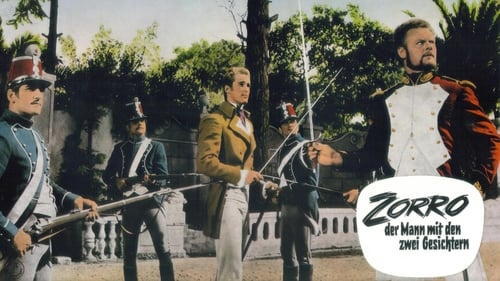
Gobernador
General Gutierrez, the evil governor of Mexico, terrorizes the people and demands high taxes. The young Ramon Martiney, after discovering that his father was murdered by Gutierrez, dons the mask of Zorro and starts fighting against the injustice.

Enrique

Alejandro Luzzati
After a few years, Víctor Morel comes back to the city. He has been a happy and Bohemian man who spent an authentic fortune. His first meeting with the past is with Laura, an extraordinary woman with he had intense relationships. She is now married with Daniel Romero, a man dedicated to the business that, precisely in the last days, has had a money problem. Due to this matter, Daniel will have to ask Víctor for help because it knows that he can extract it of the difficulty, in spite of the fact that he does not have any sharm.
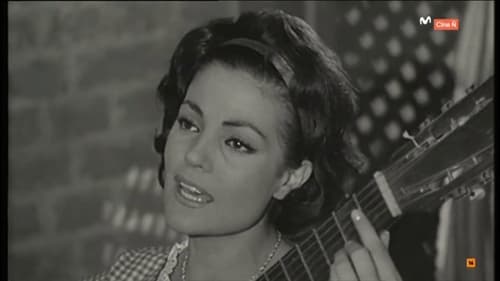
Jorge Ribera
A man has a street accident with his car in his way to Buenos Aires. While he waits for his car repairing, this business man learns that everybody in the little town where he's stuck seem to know about his wife Mónica. He knows little about her past, but the reactions of the townsfolk towards him range from laughing at his back to practically don't want him around. He won't leave the town until he could learn more about the secret past of his wife. But the former life of the young beautiful mother of his daughter involves a turbulent story.

Manuel Marcos (as Enrique A. Diosdado)
Spain's submission for the Academy Award for Best Foreign Language Film in 1960

Diógenes
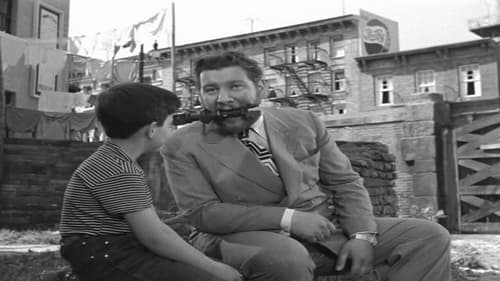
Policeman

Don Juan
Estrella, a wild young woman, is lusted after by every man and therefore hated by the female community.

Don Enrique
A tale of two families, the Mendozas and Alzagas, faced for generations by the water of a river separating their adjoining properties. Old grudges reappear when the two heirs fall in love.

Don Álvaro

Emilio Fraga

Don Juan
There are nearly three dozen major televised, theatrical and cinematic productions paying homage to this revision of the original tale of Don Juan. Playwright José Zorrilla's work, was first written and published in 1844, and it soon became one of the most popular plays of the 19th Century. Spanish Director Alejando Perla's own 1952 cinematic version is probably the best-known of several films made concerning Zorrilla's take on the exploits of the immortal Don Juan-in just a 15 year period, (starting in 1936). His version stands out because it focuses on why Don Juan Tenorio should repent, after reflecting on a hedonistic life of drinking, followed by his enchantment, seduction and ultimate corruption of the innocent and married women he seduced then callously abandoned all throughout Seville.

During the war against Napoleon the brave Therese of Pinorrey is erected as Alcaldesa in Castilla, Spain
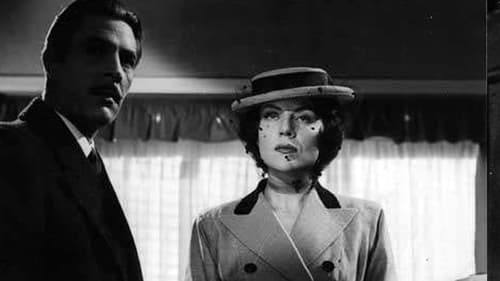
Carlos Barrera / payaso Víctor
The sometimes profound, sometimes slightly sordid tale of Elena, a famous concert pianist who, as a child, was sexually assaulted by a circus clown while the music of Manuel de Falla "Ritual Dance of Fire" could be heard from the circus tent. Since that time, Elena has gone into hysterics every time she hears that composition. Making matters worse, the lascivious clown is now her business manager.

Set in 1825, the romance between a Creole woman and a Spaniard, during the Argentine War of Independence.

A woman is falsely accused of killing her husband, after finding out that he and her sister were lovers.
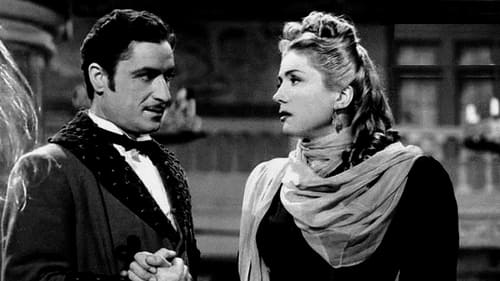
Rodolfo
Paris, 1857. While on trial for moral outrage, French writer G. Flaubert tells the court and the audience the true story of the heroine of his novel Madame Bovary, a sensitive but capricious woman whose desperate efforts to overcome the bourgeois conventions of a dull, provincial life led her family first to ruin and disrepute and finally to the abyss of tragedy.

Melchor / El Flaco
After the infamous song that made her life impossible in Calatayud, Dolores flees. In another village she find accommodation and a widower husband with a daughter. This girl and the brother who launched the offensive again make life miserable for the unfortunate Dolores.

The life of Saint Rosa de Lima.

In a fishing village a young woman carries the guilt of her married sister, passing through the mother of her son.

Don Manuel
The young widow of the viceroy of Peru, facing the dismal prospect of either a convent or a marriage of convenience, sets out to conquer a handsome officer, pretending she’s a duende, a ghost. Voted the best Argentine film of 1945, La dama duende is a beautifully crafted comedy of errors, based on the 17th-century play by Pedro Calderón de la Barca. The most ambitious production of Estudios San Miguel, it was brought to the screen mostly by Spaniards exiled in Argentina as a result of the Civil War.
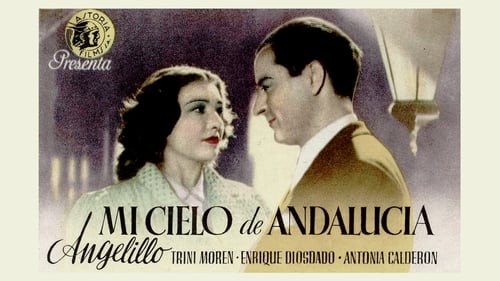
Fernando
Rafaelillo, a young upper-class Andalusian man and medical student in Madrid, has not told his parents the whole truth about the kind of life he leads in the capital. Once home, he will have to face the consequences of his many lies… (Film produced in Argentina by the Spanish company Filmófono, after the forced exile of most of its members since 1937.)
















